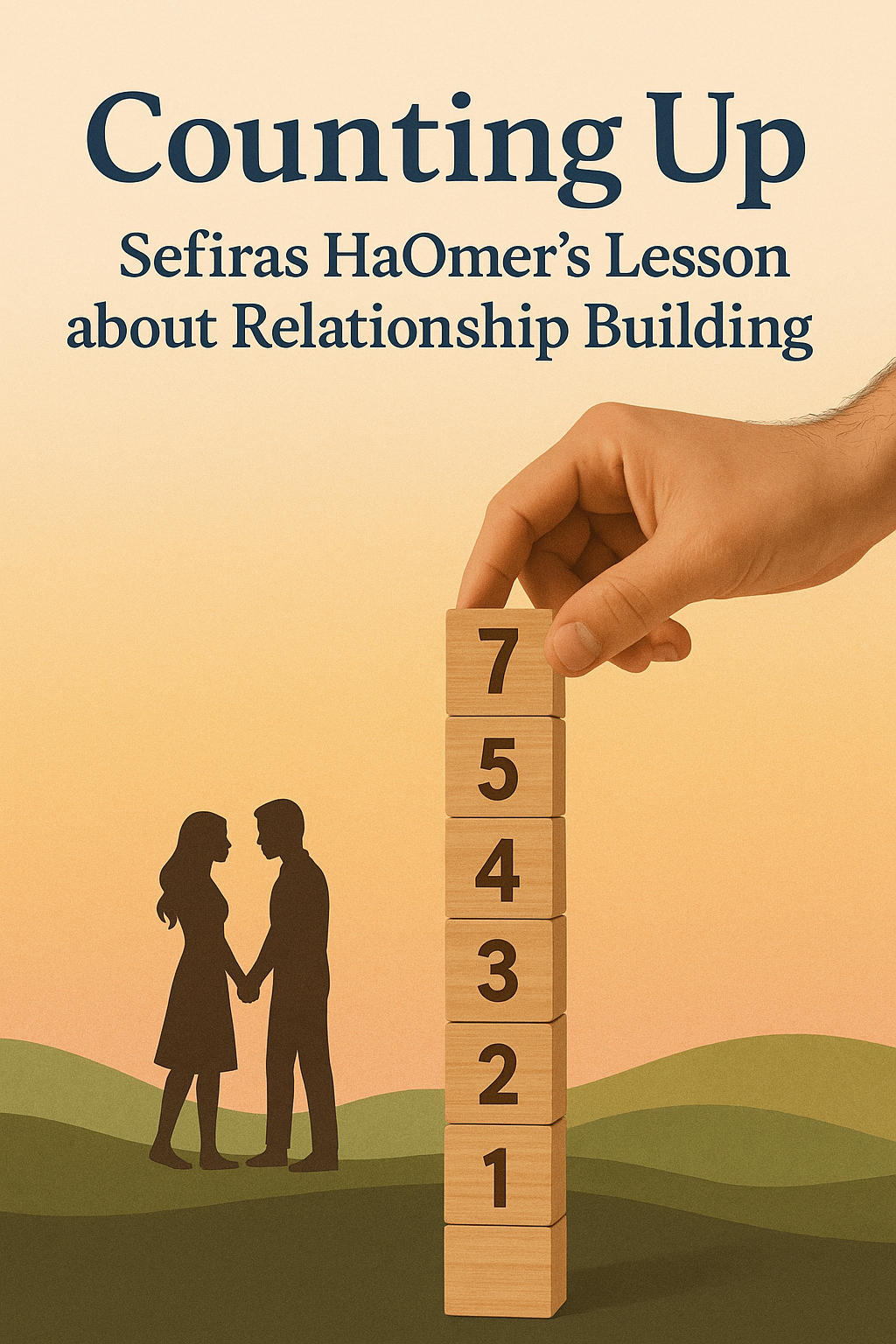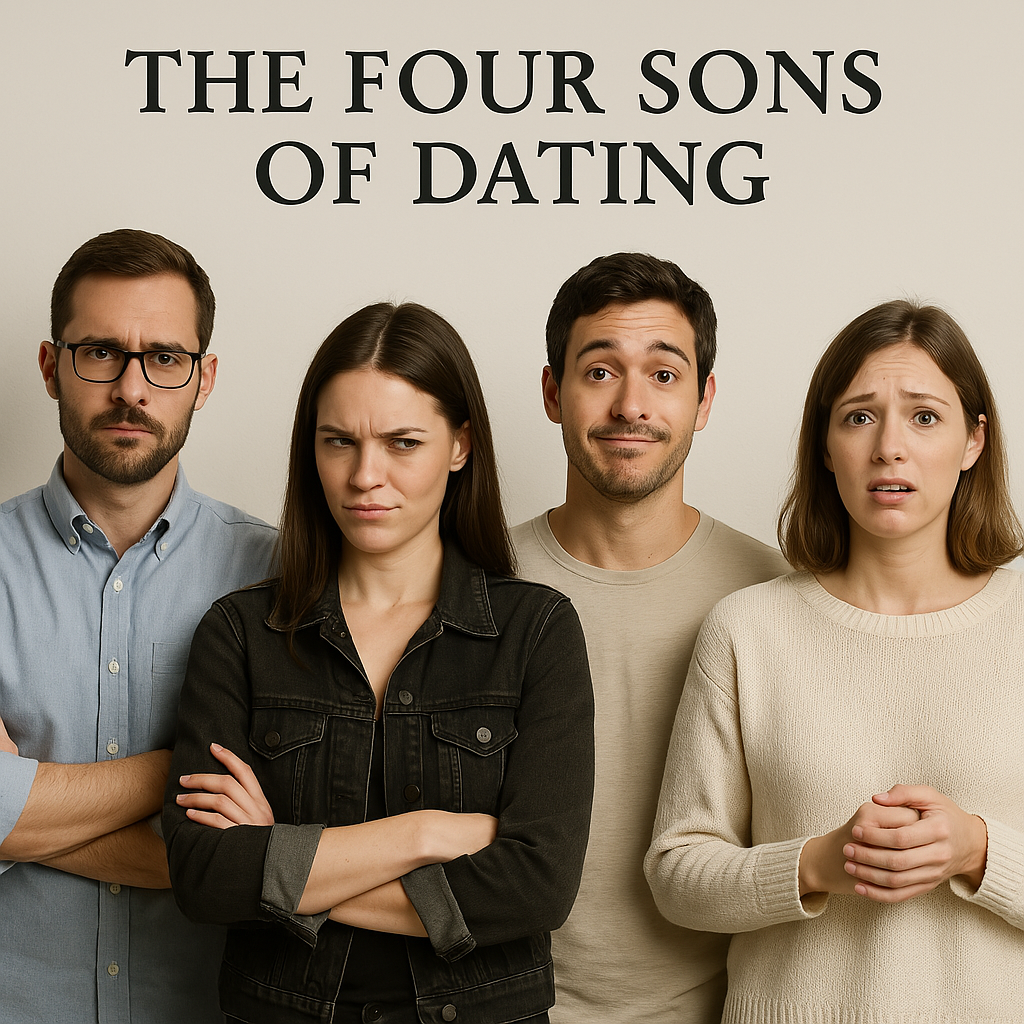What makes people commitment phobic?
When Shlomo came to work with me he unknowingly had a huge fear of relationship commitment. At age 38 years old, Shlomo dated seriously since he was 24. He dated many women he was attracted to and found he connected with. Each time things got close to clinching the deal he suddenly found a reason why it wouldn’t work. Commitment to a relationship seemed a long way away for him.
Some of the reasons he cited for why he may fear relationship commitment included fears about her family not being tight knit enough and not seeing himself fitting in with the family. Fears she wasn’t excited enough. Concerns about her ability to contribute financially or being too loose with money.
All of these reasons to bolt, when taken at face value sound like mere pickiness.
When you understand more about what lays below these reasons to end a good relationship, it makes perfect sense.
Shlomo came from a family that made him feel ashamed. His parents always bickered and struggled to make ends meet financially. As a result, Shlomo found it really hard to respect his parents. He had little relationship with his older sister, who left home at the first opportunity.
Despite Shlomo’s difficulty feeling connected with his family, he has many friends, a great job and has managed to really put himself together well. Some may even refer to him as a “great catch”.
He knows he’s a good catch because he can date every day of the week. Being able to see a relationship through til it’s end is the hard part.
I’d like to share with you what I’ve learned from working with clients who struggle to commit.
For many of my clients these 5 things seem to over ride their ability to move forward in a relationship. By breaking free from ay of these things, people will find they can more easily move forward to a committed relationship.
Top 5 Things that Get in the Way of relationship commitment
- You don’t really understand what you’re are getting yourself into: People who struggle to commit to a relationship often feel out of sorts about what it entails. If you had to commit to going on a road trip or go out for ice cream you may be able to do that because you know what’s involved and you can easily break it down.
Having never been in a long term healthy committed relationship you don’t really know what’s involved. It can feel overwhelming. Jumping out feels safer than jumping in. It feels easier to find reasons not to make it work.
What you need to do:
Consult with people you trust or get an objective opinion from a relationship expert. They can help walk you through all the steps necessary to finding and keeping a loving relationship move forward. They can also help you learn about where your blind spots are and how you can navigate when relationship challenges arise.
2) Your experience with relationships has been disappointing:
You know what a bad relationship looks like, and lord knows you don’t want any part of that. Anytime anything even smells like the bad relationship you’ve endured, you run. Alternatively, your parents didn’t provide the best relationship example. You convince yourself that being alone is far better than ending up like them. Deep down you fear you won’t be able to do any better than they did.
What you need to do:
Acknowledge what was so painful in the past relationship, heal those wounds so you could bravely confront how to do things differently.
3) The person you’re with is always missing something:
You think to yourself, if my parents couldn’t get it right, and have a successful relationship, why should I do any better. Also, for people, like Shlomo, who have little family support, the fear of taking on such a burden scares them silly.
What you need to do:
Rather than falling victim to fear, consider what was within your families control and what wasn’t. What can you do differently to them? Perhaps you can get support from sources your family didn’t consider so you could prevent falling into similar traps. You can access different resources and abilities your family didn’t have.
4) You believe you need more from someone else than you need from yourself:
People, like Shlomo, with fears of commitment, convince themselves that if they find the “right one” all will be well. In the meantime, they get married to their list of relationship “wants” which fall short of what they need. Many of these needs are not achievable by one human being. They may not be necessary or they simply throw you off course from what really matters.
Point is, if you believe more in yourself and your ability to deal with your own fears and anxieties and put less onus on this fictional, mythical creature, you’ll have an easier time committing to love.
What you need to do:
Get realistic about what a relationship truly entails. Differentiate between needs and wants. Work on feelings of self- belief and self-actualization. Know that it won’t be easy, but also know that with help from the right sources you can get through any challenge.
5) Fear of being hurt to the point of not being able to recover:
Many commitment-phobes have experienced so much emotional pain over being overlooked by those closest to them, the thought of getting hurt again feels like torture. Anytime they encounter something that even smells like the pain they experienced they jump. Rather than convincing themselves that things can be different they adopt a “Don’t go there attitude.”
What you need to do: Draw upon other experiences that made you feel hopeless. By knowing you’ve overcome other challenges, you’ll find a way to overcome this one too.
After working with Shlomo to clear out his fears about being enough for a relationship and gaining an understanding about where these fears came from he was able to conquer them and move on and find and commit to love.
I hope this article clarifies the difference between pickiness and fear of commitment, which often look indistinguishable from one another.
For more help with overcoming your fear of commitment, please reach out: mlavinpell.co.il.
For more articles about commitment in relationships and dating check out the following links:





